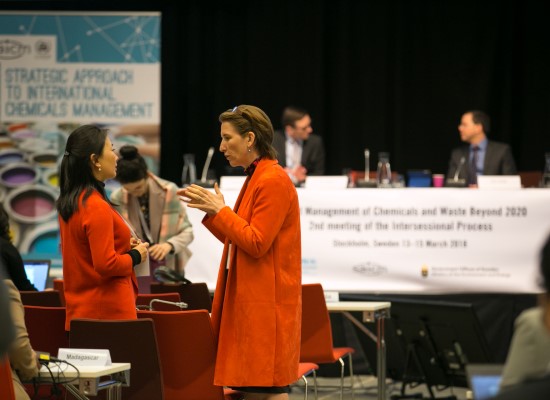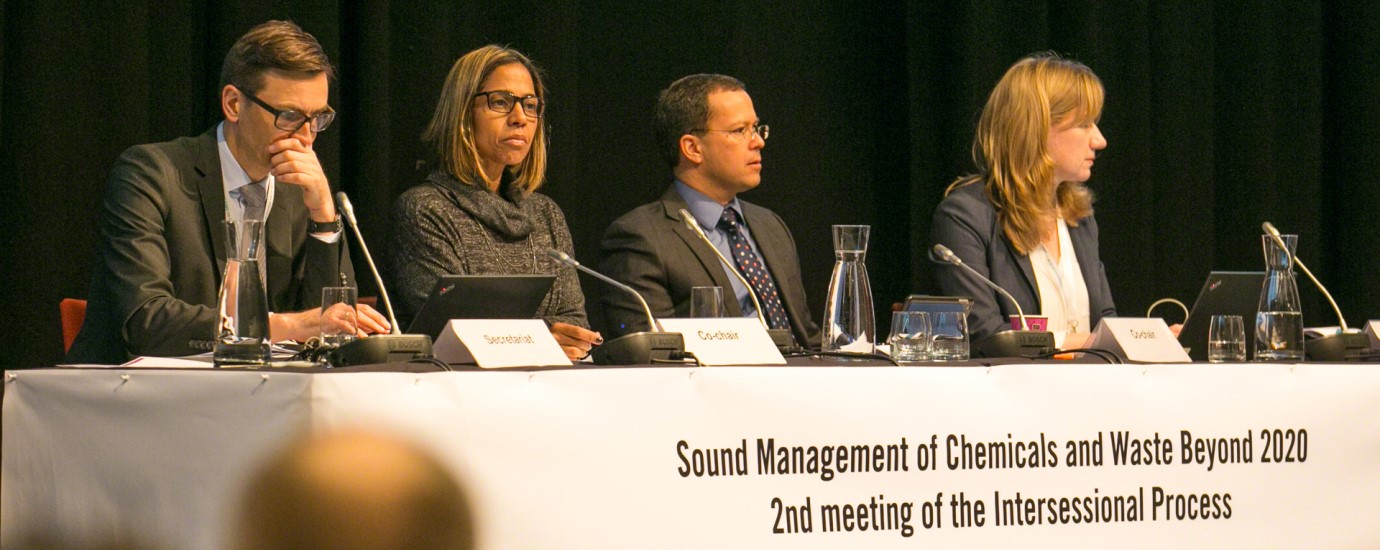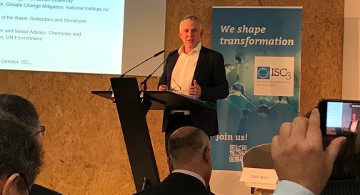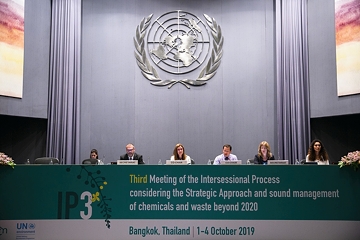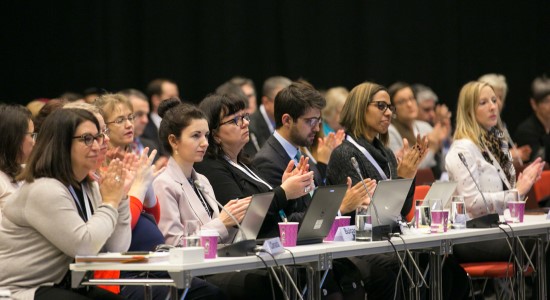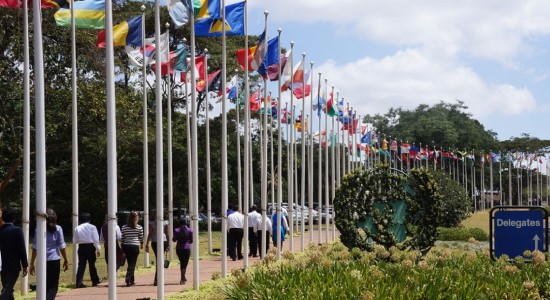SAICM beyond 2020 framework
In preparation to the SAICM beyond 2020 framework formal and non-formal preparatory meetings (“Intersessional Processes”) are regularly taking place on international level (Brasil, Sweden, Thailand, Uruguay). The next “Intersessional Process” (IP4) preparatory meeting to discuss recommendations for a future SAICM policy framework will be held in virtually and in person in Bucharest, Rumania, from 29 August till 2 September 2022.
ISC3 and SAICM
At the ISC3 we support SAICM’s mission to achieve the sound management of chemicals throughout their life cycle so that chemicals are produced and used in ways that minimize significant adverse impacts on the environment and human health.
Historically viewed, the establishment of ISC3 is the German contribution to political international processes (such as the SAICM Process) or other relevant global chemical conventions (e.g. Basel, Rotterdam, Stockholm), whereas our main goals is to drive forward an international breakthrough of Sustainable Chemistry.
In the past the ISC3 has held a workshop on how chemistry can contribute to the Sustainable Development Goals (“Striving towards a common understanding of Sustainable Chemistry”, Bankok, September 2019). The ISC3 presented its initial thought-starter on “Reaping the full potential of Sustainable Chemistry for SAICM” which has been submitted in the context of the 3rd meeting of the Open-ended Working Group (OEWG-3) by SAICM and UNEP (Montevideo, Uruguay, April 2019). At the same time the ISC3 kick-started the ISC3 Global Start-Up Service (GSS), which consults start-ups with focus on Sustainable Chemistry innovations via a briefing "Driving transformation towards Sustainable Chemistry” and provides a best-practice example on fostering Sustainable Chemistry innovation.
